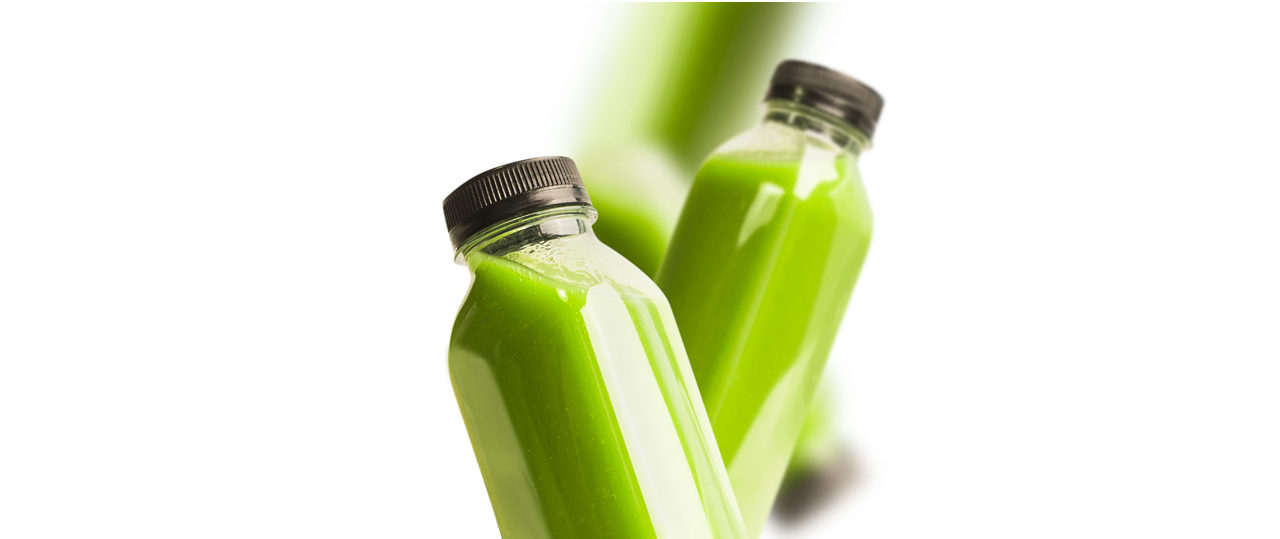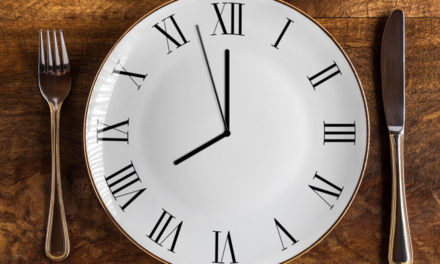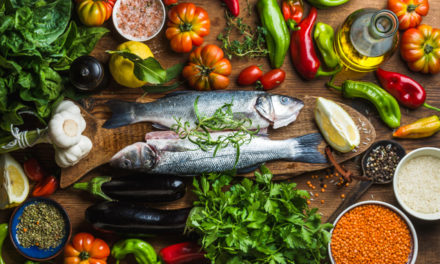When it comes to food these days, “cleanliness” is next to godliness. However, definitions of clean eating widely vary. Cleanses and detoxes can be associated with removing “impure” foods, improving health, eliminating environmental toxins, rebooting metabolism, or promoting weight loss. They are often seen as a way to jumpstart “clean eating.”
A detox or cleanse is generally a short-term dietary intervention that may involve some combination of fasting, juicing, eliminating certain ingredients or food groups, adhering to strict dietary regimens, or consuming various herbs, teas, and supplements.
Before considering a cleanse or debating a detox, read this:
On metabolism and weight loss…
Losing weight through detoxing is possible, but beware! Most cleanses are low in calories and protein which can lead muscle loss. Without adequate calories, the body begins to conserve energy, slowing metabolism and becoming more efficient with less food. Once the detox ends, there is a high chance of regaining any lost weight.
On nutritional value…
Detox plans essentially starve the body of the fuel it needs and rarely provide any solid evidence for why foods are considered toxic. The headaches, anxiety, dizziness, nausea, fatigue, and confusion a person feels in the name of cleansing are not the effects of “toxins” leaving the system. Those are natural consequences of inadequate consumption of energy (calories) and nutrients.
On removing impure foods and environmental toxins…
There are behaviors that can either support or inhibit the amazing system that rids the bodies of toxins, but unless a disease or disorder is preventing certain parts of the body from doing their jobs, organs are self-cleaning and function just fine. The kidneys, liver, lungs, skin, and digestive tract filter and remove toxins from the body without your intervention or micromanaging! When interfering with the body’s natural processes through cleansing, there’s the risk of poor blood sugar control, altered electrolyte levels, and other medical complications. Cleansing is especially risky for those with diabetes, heart problems, kidney disorders, and an eating disorder history, as well as women who are pregnant or nursing.
On jumpstarting healthier food choices…
Cleanses and detoxes require deprivation. Deprivation often leads to preoccupation with food and can set the stage for overeating or even binging. Feeling desperate for a reset? Rather than impulsively starting a detox, take a deep breath, slow down, and start by re-evaluating the overall structure and balance of your daily eating habits. A nutritionist can guide you toward a positive and sustainable relationship with food that supports overall wellbeing.
On mental and emotional health…
Food-related decisions are not purely based on physiological needs, so consider the full impact of cleanses and detoxes on physical, mental, and emotional health. Is detoxing going to lead you to greater peace with food or make you hyper-vigilant or ashamed about food choices? Will cleansing positively impact your quality of life? Does it align with your values? What do you gain, miss, or lose while adhering to rigid dietary regimens? Is it worth it? If so, for how long?
Rather than letting detoxes clean out your wallet, distract you from life, and disconnect your mind and body, choose to dedicate your time, attention, and resources to things that actually demand careful attention on a daily basis while adopting a relaxed way of eating that tastes and feels good!
Blair Mize, MS, RDN, CSSD, LDN is co-owner of Memphis Nutrition Group, a nutrition & lifestyle counseling practice operated by registered & licensed dietitians/nutritionists. Memphis Nutrition Group believes in a non-diet approach that promotes overall health and optimal performance without compromising the enjoyment of food. For more information call Memphis Nutrition Group at 901.343.6146 or visit https://www.MemphisNutritionGroup.com.







